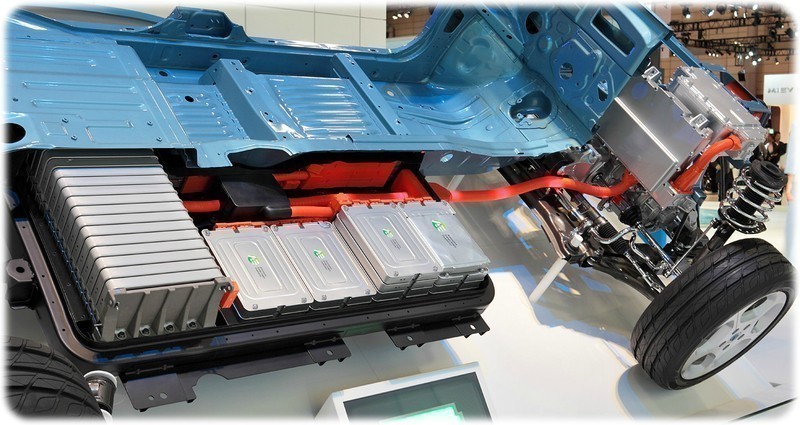New Electric Cars could charge in minutes, not hours
Published Date: 8th Dec 2016
A completely new take on electric cars could see charging times for owners considerably reduced to minutes rather than the hours it takes today. The company behind the project is Augmented Optics, they’ve revealed a new polymer based material that can charge a car just as fast as you can fill the tank with fuel.
This new way of charging has been developed with the help of the University of Surrey and University of Bristol. Using very high density super-capacitors instead of batteries this will totally transform the electric vehicle market.
We could see the end of the conventional battery with charging time reduced to seconds instead of the current average time of 6-8 hours. Plans for the future of anything battery powered could be changed due to the nature of these capacitors, imagine being able to fully charge your mobile phone in seconds.
The Typical Battery layout on a new electric car
Normal super capacitors store energy using electrodes and electrolytes. One advantage is that they can charge and deliver energy very quickly unlike conventional batteries that do so in at a slower pace. They’re currently available and used to good effect in China with some buses taking advantage but the capacitors have poor density when compared to batteries and therefore have to be charged in a matter of seconds every 3 miles.
The newer ‘Ultra Capacitors’ being developed contain a much higher density using the polymer based material, they almost compete with modern lithium ion batteries but outperform them in the production cost and charge time figures.
Augmented Optics believe this could increase total distance an EV can travel and are hoping a test car can be constructed as early as next year should a prototype ultra capacitor be made. The material is suitable for mass production and can be modified into various shapes to fit the versatile needs of making an electric vehicle when you compare it to the average battery pack.

